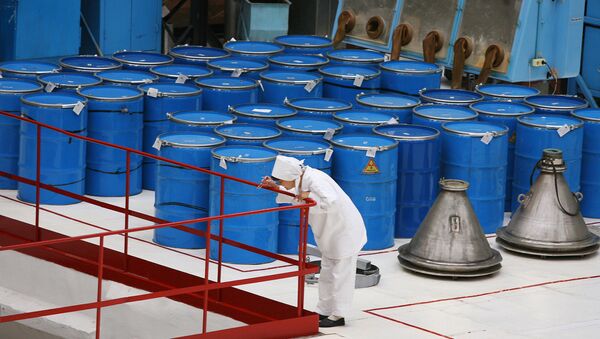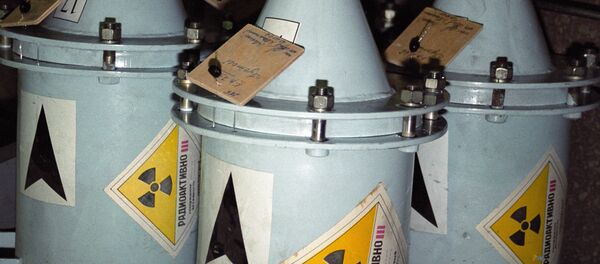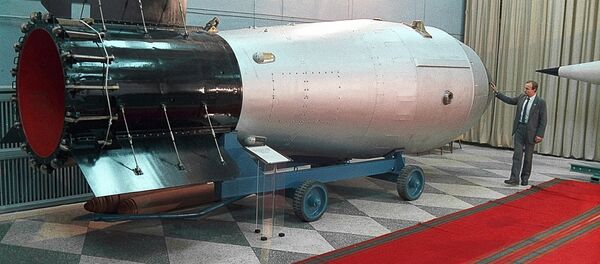The 2005 amendment to the Convention on the Physical Protection of Nuclear Material (CPPNM) makes it legally binding for the states to establish, implement and maintain an appropriate physical protection of nuclear material and facilities under their jurisdiction.
It also provides for the prosecution of smuggling of nuclear materials, which, according to the International Atomic Energy Agency (IAEA), will strengthen protection against terrorists.
Its entry into force demonstrates “the determination of the international community to strengthen nuclear security globally,” the IAEA said on its website, citing Amano.
The document has been ratified by 103 out of the 152 countries participating in the CPPNM. The two-thirds threshold, required for the amendment to enter into force, was reached on April 8, after Nicaragua ratified the deal.
The CPPNM was adopted in 1979 and entered into force in 1987.




